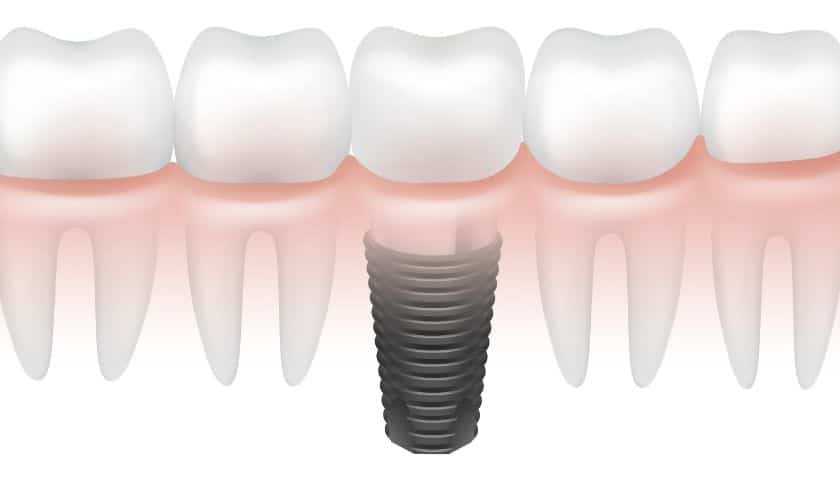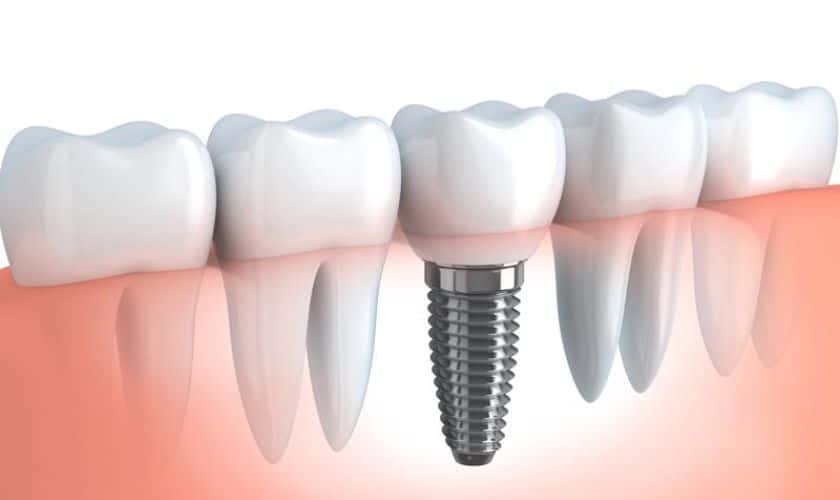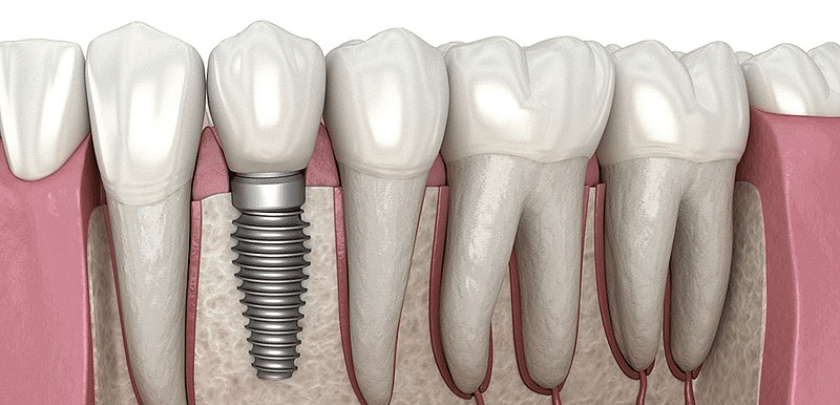Pearl Dental Blog

The Long-Term Solution: Why Dental Implants Are Superior to Dentures
Are you tired of the constant hassle and discomfort that comes with traditional dentures? It’s time to discover a game-changing dental solution that offers long-lasting benefits and a natural-looking smile. Say goodbye to adhesive creams, slipping dentures, and dietary restrictions – because dental implants are here to revolutionize your oral health journey. In this blog post, we will dive deep into why dental implants reign supreme over dentures when it comes to durability, functionality, aesthetics, and overall quality of life. Get ready for an eye-opening exploration as we uncover why dental implants are the long-term solution you’ve been searching for!
Introduction to Dental Implants
- If you’ve been considering dentures as a way to improve your smile, you may want to think again. While dentures have been the traditional solution for missing teeth, they are far from perfect. Dentures can be uncomfortable and unstable, and they often require messy adhesives to stay in place. They also need to be replaced every five to seven years.
- Dental implants offer a much more permanent solution. Implants are titanium posts that are surgically placed in the jawbone to act as artificial tooth roots. Once the implants are in place, artificial teeth (crowns) are then attached to them. Dental implants look and feel just like natural teeth, and with proper care, they can last a lifetime!
Benefits of Dental Implants
Dental implants are often thought of as a more expensive solution to tooth loss than dentures. However, implants can actually save you money in the long run. Here’s why:
- Dental implants are permanent. Unlike dentures, which need to be replaced every five to seven years, implants will last a lifetime with proper care. This means you won’t have to keep shelling out money for new dentures every few years.
- Dental implants look and feel like your natural teeth. They allow you to eat and speak without worry that your teeth might slip or come out. Dentures can make eating and speaking difficult, and can also be embarrassing if they slip while you’re talking.
- Dental implants are good for your overall health. Unlike dentures, which can cause sores and infections in the mouth, dental implants are actually beneficial to your oral health. They help stimulate bone growth and prevent bone loss in the jaw, which can lead to other health problems down the road.
Types of Dental Implants
There are several types of dental implants available on the market today. The most common type is the endosteal implant, which is implanted directly into the jawbone. Another popular type is the subperiosteal implant, which rests on top of the jawbone.
- Endosteal implants are the most commonly used type of dental implant. They are implanted directly into the jawbone and provide a strong foundation for artificial teeth. Subperiosteal implants are placed on top of the jawbone and are ideal for people who do not have enough bone height for an endosteal implant.
- Both types of dental implants are made from titanium, a metal that is compatible with human bone tissue. Titanium is strong and durable, making it an ideal material for dental implants.
Procedure for Placing Dental Implants
- If you are considering dental implants, you will need to undergo a consultation with your dentist to see if you are a good candidate. During the consultation, your dentist will evaluate your oral health and take x-rays to determine the strength of your jawbone. If you have a strong jaw bone, you will be able to move forward with the implant placement procedure.
- The actual implant placement procedure is relatively simple and quick. Your dentist will make a small incision in your gum line and then place the titanium implant into your jawbone. Once the implant is in place, your gum will be stitched up and you will be given time to heal.
- After the implant has had time to fuse with your jawbone (a process that can take several months), you will return to your dentist to have a crown or bridge placed on top of the implant. This final step completes the dental implant process and gives you a new tooth that looks and functions just like your natural teeth!
Aftercare and Maintenance Tips
Dental implants are a long-term solution for people who have lost teeth. They are superior to dentures in many ways, including:
1. Dental implants are more stable than dentures.
2. Dental implants look and feel more like natural teeth than dentures.
3. Dental implants are easier to care for than dentures.
4. Dental implants can last a lifetime, while dentures need to be replaced every few years.
5. Dental implants can help preserve bone in the jaw, while dentures can cause bone loss.
If you are considering dental implants, be sure to consult with a qualified implant dentist to discuss whether they are right for you.
Advantages of Dental Implants Over Dentures
- There are many advantages of dental implants over dentures. Dental implants are more stable and secure than dentures. They also don’t require the same level of care and maintenance as dentures.
- Dental implants are permanently fixed in the mouth, so they don’t move around like dentures can. This makes it easier to eat and speak without worrying about your teeth slipping.
- Dental implants don’t require adhesives to stay in place, making them more comfortable to wear. And because they’re securely anchored, dental implants can help preserve the bone in your jaw that can be lost with dentures.
- Another advantage of dental implants is that they look and feel more like natural teeth than dentures. With proper care, dental implants can last a lifetime.
In conclusion, dental implants are a great long-term solution for those with missing or damaged teeth. They provide unparalleled stability and comfort, have the potential to last a lifetime, and are more aesthetically pleasing than dentures. Although they may be slightly more expensive up front, their longevity makes them a cost-effective choice in the long run. If you’re considering replacing your missing teeth, dental implants should absolutely be at the top of your list.
FAQs about Dental Implants
1. What are dental implants?
Dental implants are a long-term solution for missing teeth. They are titanium posts that are surgically placed in the jawbone to act as artificial tooth roots. Once the implants are in place, your dentist can then attach replacement teeth to the implants.
2. How successful are dental implants?
Dental implants have a success rate of over 95%. With proper care, they can last a lifetime.
3. Are dental implants painful?
The implant placement procedure is typically done with local anaesthesia and is not painful. Some patients may experience some mild discomfort or soreness afterwards, which can be easily controlled with over-the-counter pain medication.
4. How much do dental implants cost?
The cost of dental implants varies depending on several factors, such as the number of teeth being replaced and the complexity of the procedure. However, overall, dental implants are a very cost-effective solution when compared to dentures or other tooth replacement options.





